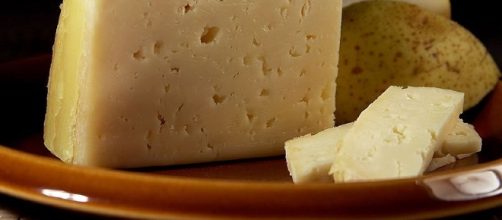PETA or People for the Ethical Treatment of Animals have taken an absolutist view about how people should treat life forms that are beneath us on the food chain. The organization has come out against the eating of meat, the wearing of fur or leather, and even keeping animals as pets. So it is not really much of a surprise that PETA has come out against the consumption of milk, butter, or cheese.
How eating cheese is sexist
In a post on its website, entitled “Why Cheese Is the Most Sexist Thing You Can Eat,” PETA equates the milking of cows to “sex trafficking, slavery, genital mutilation, and ‘honor killings.’ The organization claims that cow milking involves, “imprisonment, rape, reproductive control, kidnapping, and abuse.” The post goes on in lurid detail about what it claims goes on down on the farm to extract milk from cows that is later made into various kinds of cheese.
The post does not cover goat milking, a source of feta cheese, but one presumes that it disapproves of that practice as well.
The cheese is rape claim comes in for some mocking
Understandably, the PETA claim that all cheese is rape has come in for some mocking. The Daily Caller notes that cows do not give affirmative consent when they are impregnated in their natural state. The article goes on to assert that animals are on this planet to serve humans and that PETA should just get a grip.
The milk industry
If PETA wants to ban cheese and by extension milk, it has a steep hill to climb. Some six billion people out of seven and a half billion people on the planet consume milk and milk products such as cheese.
India is the largest producer of milk, followed by China, the United States, and Brazil. Milk production is on the rise, with 730 metric tons of milk produced in 2011 from 650 million dairy cows. People have been milking animals since Neolithic times, from about the year 9.000 B.C. Butter and cheese produced from milk are major food products, eaten by billions of people worldwide.
Substitutes for milk
Of course, some people for either health or ethical reasons consume substitutes for milk. Most supermarkets these days have products such as almond milk and coconut milk available. These products are sold at premium prices and do not have the same taste or nutritional value as natural milk. Cheese made from non-diary sources is entirely unappetizing and is not likely to serve as a modern substitute for the wide variety of cheese that comes from natural milk.


